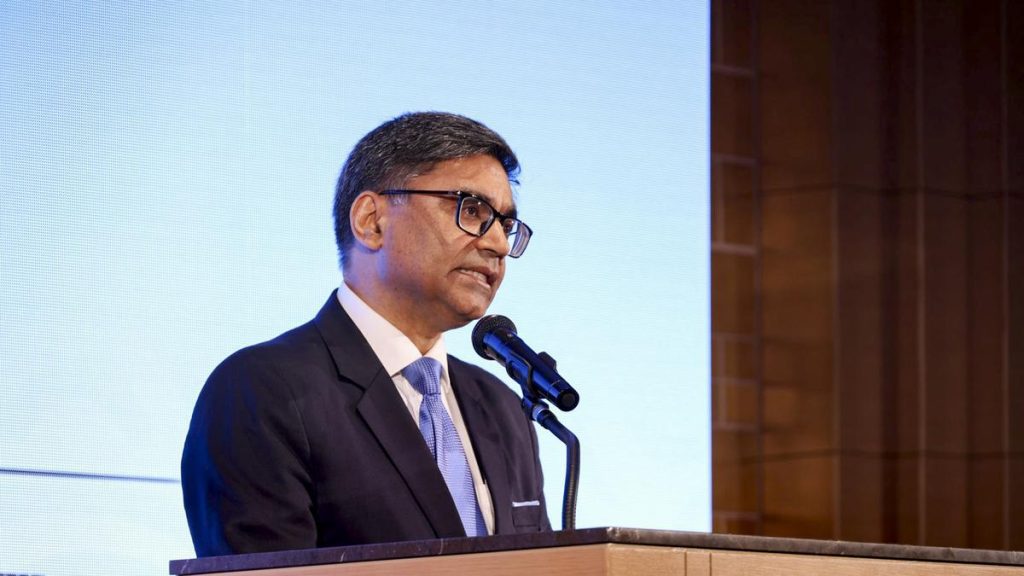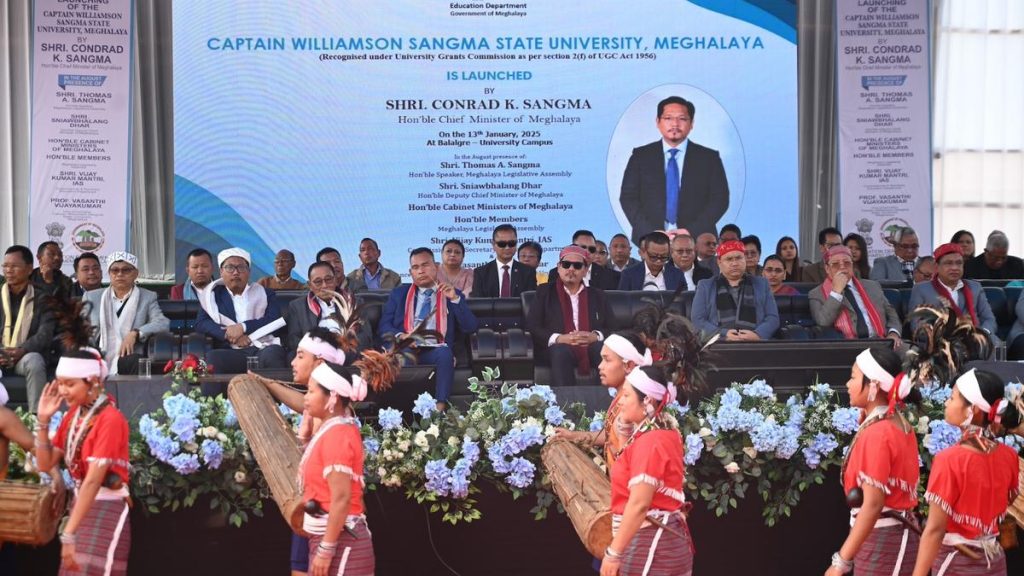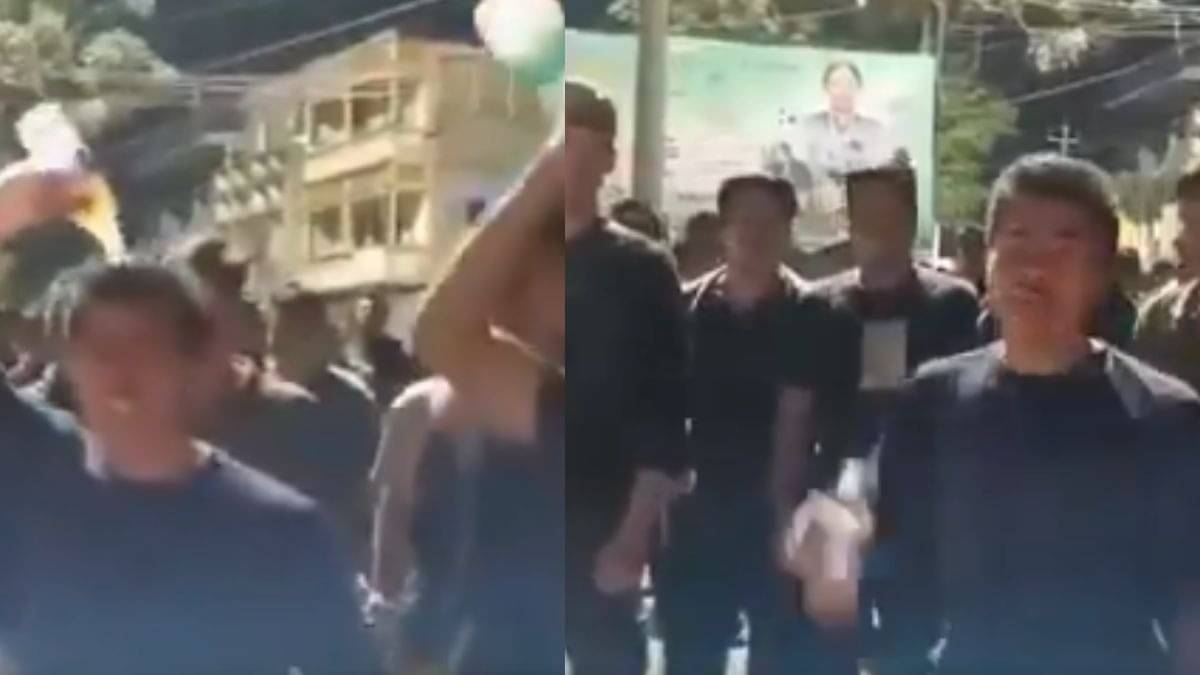Now Reading: US Lawmaker Urges Pakistan to Act Against Jaish-e-Mohammed, Safeguard Minorities
-
01
US Lawmaker Urges Pakistan to Act Against Jaish-e-Mohammed, Safeguard Minorities
US Lawmaker Urges Pakistan to Act Against Jaish-e-Mohammed, Safeguard Minorities

Fast Summary
- A Pakistani delegation, led by Bilawal Bhutto Zardari, visited the US and faced calls from Congressman Brad Sherman to act against terrorist group Jaish-e-Mohammed and protect religious minorities in Pakistan.
- Jaish-e-Mohammed was cited for its global terror activities, including the murder of American journalist Daniel Pearl. Congressman Sherman emphasized the need for Pakistan’s strongest efforts to eliminate this group.
- Concerns were also raised about safeguarding the rights of minorities in Pakistan, namely Christians, Hindus, and Ahmadiyya Muslims who face violence and systemic discrimination.
- Sherman called for the release of Dr Shakil Afridi – imprisoned since 2011 – praising his assistance in locating Osama bin Laden as vital to closure regarding 9/11 victims.
- During their own US visit coinciding wiht Bhutto’s trip, an indian parliamentary delegation detailed counter-terrorism actions like ‘Operation Sindoor’ after a recent Pahalgam attack that killed 26 people in Jammu & Kashmir.
- India has focused on presenting evidence linking Pakistan to terrorism support while Pakistan struggles to address international scrutiny on such issues during its discussions with US lawmakers.
Indian Opinion Analysis
This parallel diplomatic engagement underscores a growing divergence between india’s counter-terrorism narrative and international demands made towards Pakistan concerning terrorism accountability. india’s delegation focusing on Operation Sindoor exemplifies direct action against terror threats; meanwhile, U.S officials raising issues about groups like jaish-e-Mohammed highlight longstanding concerns over cross-border extremism originating from pakistani soil.The call for minority protections within Pakistan aligns with broader human rights expectations globally but puts additional pressure on Islamabad during an already scrutinized diplomatic visit.As India continues proactive measures like briefing U.S lawmakers post-Pahalgam tragedy-a important impact beyond casualties lies in strengthening global unity against terror networks threatening regional peace.For both nations involved diplomatically-success or missteps demonstrated during exchanges-can influence subsequent policymaking tie-ups shaping subcontinental relations irrespective differences remain persistent arenas tactical symmetry future forces allocated UN-global agenda Read More: Republic World
























